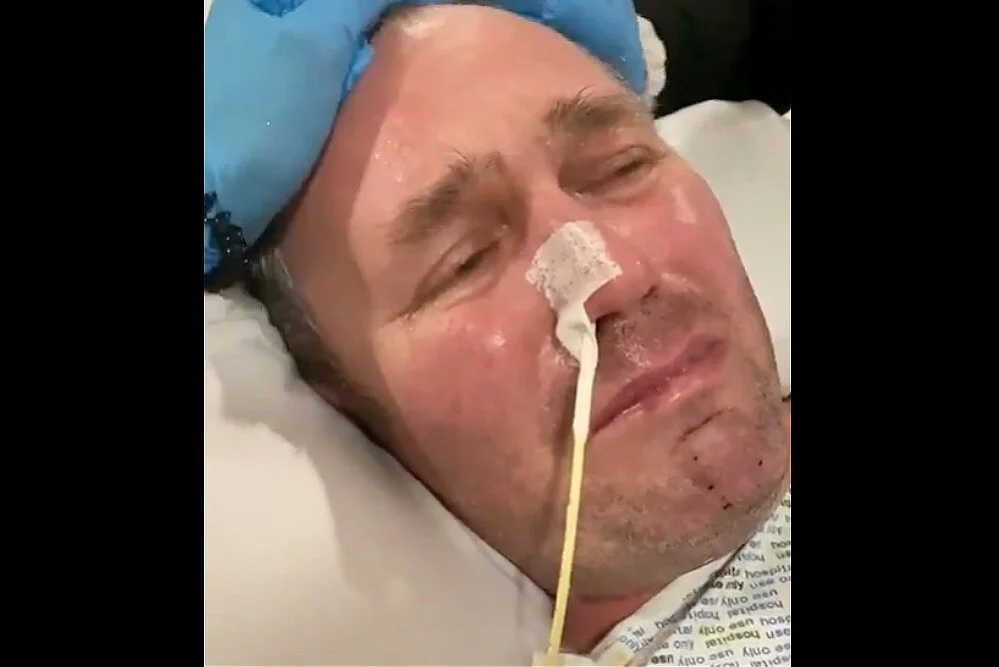We drew some criticism a few months back for suggesting that people boo the NHS rather than clap for it, but we stand by that suggestion even more now. Along with abortion, the deaths of innocent people such as Alfie Evans and now a Polish Catholic named just as ‘RS’ must be held against the NHS.
RS suffered a heart attack in November 2020, he was rushed to hospital where he was put on life support. A court hearing a number of weeks later heard that he would have another 5 years to live if proper care was administered.
His wife stated that as a devout Catholic, RS would not want to be a burden with the court’s decree of 'minimally conscious state’. His mother disagreed and stated that as a devout Catholic, he would want to be kept alive. By strange coincidence, RS had been outraged when the NHS had previously killed Alfie Evans.
Despite exhaustive efforts by his mother and by the Polish government, the NHS began starving RS to death on Christmas Eve. However, after video calls with his family, an expert presented evidence to the court that stated observation of ‘a clear emotional response to the presence of family members’.
The ironically named European Court of Human Rights (ECHR) in Strasbourg rejected pleas for help from the family and instead ruled that RS could be left to die.
Despite last minute efforts to award him with a Diplomatic Passport from Poland and thus put him into the care of the Polish Government, RS was deprived of food and water until he passed away earlier this week.
The British Bishops released a statement disagreeing with the decision to kill RS.
It stated:
The Catholic Church continues to oppose the definition of assisted nutrition and hydration as medical treatment which has now become the basis of medical and legal decisions to withdraw assisted nutrition and hydration from patients. Providing food and water to very sick patients, even by assisted means, is a basic level of care. This care must be given whenever possible unless it is medically indicated as being overly burdensome or failing to attain its purpose. The recent court cases concerning patient Mr. RS in the care of the University Hospitals Plymouth NHS Trust has shown the level of controversy around this definition as judges have been called to make decisions in the ‘best interests’ of the patient. We note that Mr RS had not refused food and fluids nor had he expressed any view about not wanting food and fluids in these circumstances and that there was no evidence that he viewed assisted nutrition and hydration as medical treatment.
Archbishop Gądecki, President of the Bishops’ Conference of Poland, has written to Cardinal Vincent Nichols, President of the Bishops’ Conference of England and Wales, expressing his concern for a Polish citizen, Mr. RS, and asking for his intervention in this case. On his behalf, we write to express our opposition to this definition of medical treatment and to convey the offer of the polish authorities to assist in the transfer of Mr RS to poland for his future care. WE accept the legal process concerning Mr. RS has been completed. However, we pray for agreement within the family about the treatment and care to be provided and express the desire of the Archbishop that Mr. RS be transferred and cared for in Poland.

